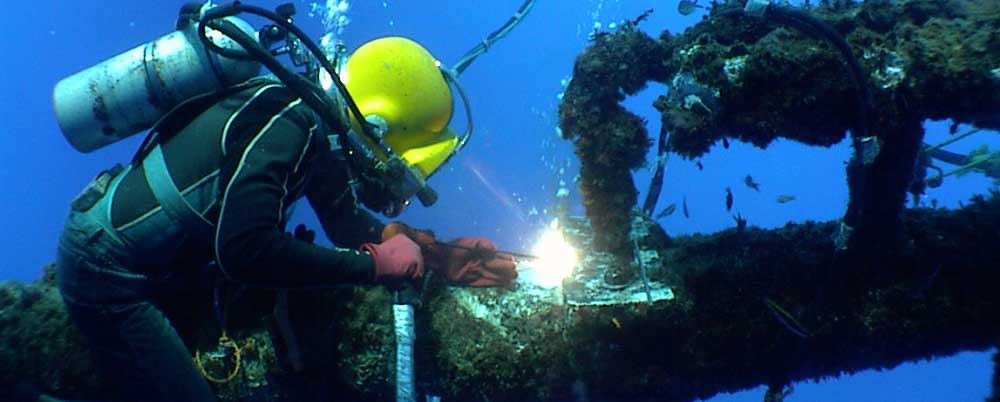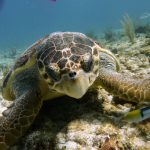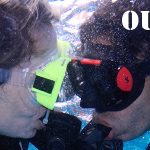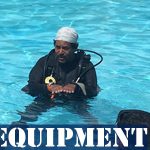Applications of Scuba Diving
Applications of Scuba Diving
Scuba diving is a mode of underwater diving whereby a scuba diver uses self-contained underwater breathing systems to breathe while underwater and such training is offered by the Scuba Diving Cancun. Unlike most methods of diving, that depends either on holding the breath or having oxygen pumped from the surface. On the other hand, it is essential to understand that scuba divers carry their own sources of gasses which is normally compressed air.
That allows them more freedom of movement as compared to the diver’s umbilical as well as longer underwater survival than breath-hold.
Scuba Diving Cancun equipment may be an open circuit, whereby exhaled gas is expelled to the environment, a closed or a semi-closed circuit. The semi-closed circuit or the rebreather is a system whereby the breathing gas is cleaned to remove all carbon dioxide available. The oxygen consumed is then replenished from a source of feed gas prior being re-breathed.
Scuba diving may be implemented for a number of purposes, both personal and professional reasons. Leisure diving, for instance, is done purely for recreation and has some technical disciplines that consequently increase interest in underwater activities.
The extra underwater activities include stunts such as wreck diving, ice diving, cave diving and deep diving. Expert divers can be deployed professionally to execute important tasks underwater. The following tasks are taught at Scuba Diving Cancun.
Scuba Diving Cancun
There are expert divers who work, full-time or even part-time, in the leisure diving community as instructors, associate instructors, diving masters and dive guides. Also, in some jurisdictions, there is the expert nature. That may include specific reference to responsibility for safety and health of the clients, recreational diver course; dive leadership for prize and dive guiding is certified and controlled by national legislation.
Other specialist sectors of scuba diving are military diving and Tec diving, with an extensive history of military frogmen in numerous roles and oil plataform divers. The roles of these expert divers include;
- Infiltrating enemy territories, direct combat, planting mines, using a torpedo which is manned, and bombs disposal or related engineering operations. In most civilian operations, police forces have teams that dive to conduct not only “search & recovery” and “search & rescue” operations. The diving teams also help with the detection of crimes that may involve water bodies.
- In some cases, Scuba Diving Cancun trains rescue teams that may be part of a fire constituent part, paramedical unit, lifeguard unit, and hence, they may be classified as public service diving.
- There are expert divers involved in underwater activities, such as underwater photographers, underwater videographers. These are marine professionals document the underwater life, scientific diving which include marine biology, geology, oceanography, underwater archeology, and hydrology.
- Depth range: The depth range that can be applicable to scuba diving is determined by one’s application and training. However, most recreational dives are normally 30 meters deep or even less. Recreational diving stunts are limited to no-stop dives and relatively short decompression stops to lower the risk of decompression sickness.
- Recreational scuba is usually limited to depths not exceeding 42 meters as per the US-based agencies like PADI and NAUI. In the UK, the maximum scuba depth is 50 meters. That is according to UK-based agencies like BSAC and SAA. Professional diving also restricts the allowed standard decompression depending on a unique code of practice, operational directives, and statutory restrictions.
Depth restrictions depend on the jurisdiction as well as the maximum depths standard range from 30 meters to more than 50 meters. That further depends on the breathing gas used together the availability of a decompression chamber availed or on site.
Your choice between scuba and the surface-supplied diving equipment is determined by both legal as well as logistical constraints. In cases where the diver requires mobility and a long range of movement, scuba is normally the best choice if the safety and legal constraints allow it. Higher risk activities, especially in commercial diving, may be limited to surface supplied equipment by local legislation and other codes of practice applied by the Scuba Diving Cancun.







